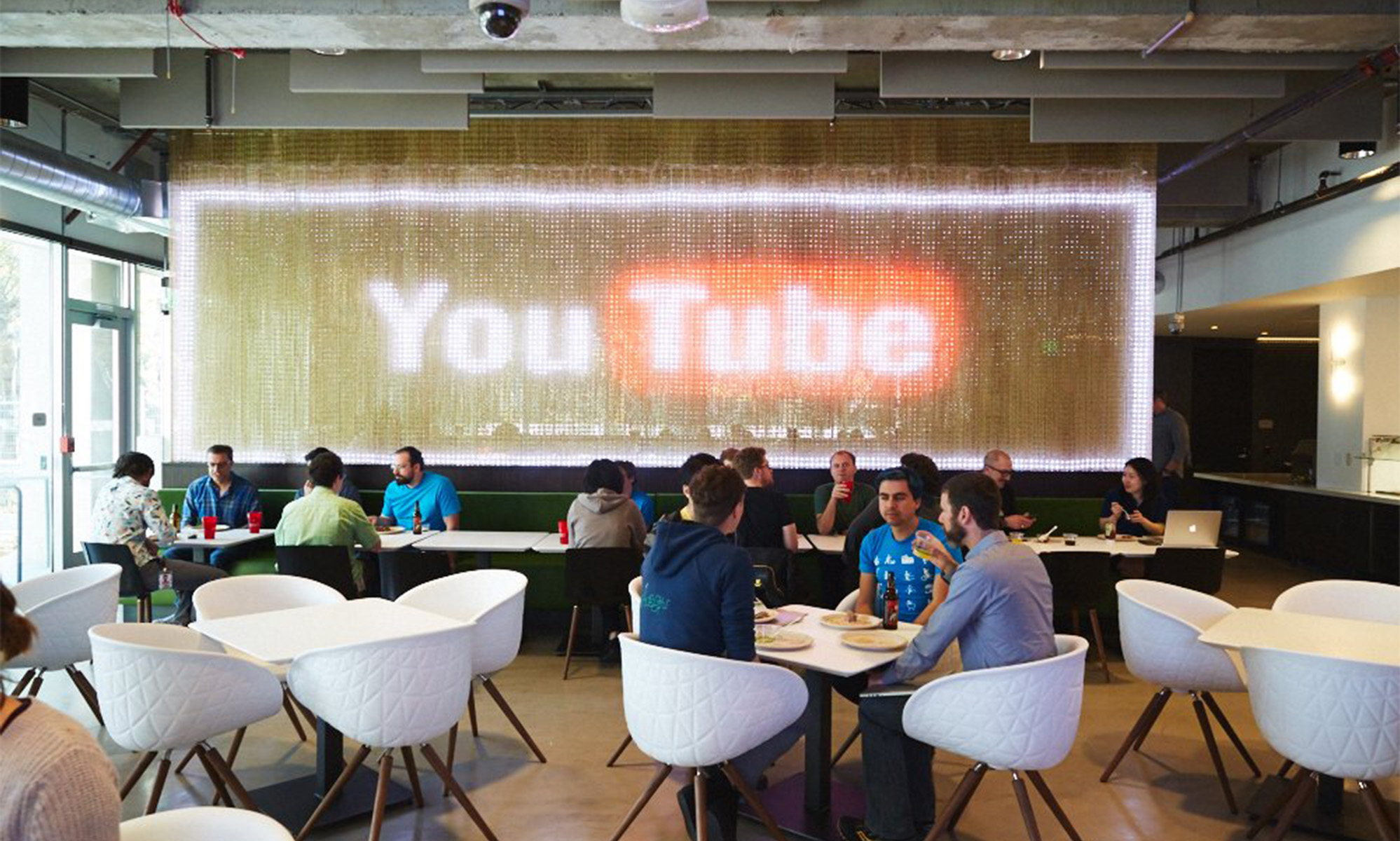Facebook (FB 0.09%) has successfully transitioned from a computer-based business to a mobile company. The social media giant reported that its mobile advertising revenue represented more than 58% of total ad revenue in the first quarter of 2014. Analysts believe Google (GOOG 0.85%) (GOOGL 0.83%) should be concerned about the gains Facebook has made over the last 15 months. Google's apps initiative, its sensitization of marketers about mobile ad campaigns, and its control of Android's open-source software are appropriate responses to Facebook's growth.
Google's apps initiative
Facebook's successful use of apps tells Google it has change its strategies. Since mobile users spend a lot of time within apps, Google is creating an index of the content inside apps and placing "deep links" in the mobile search results that point to them. The company will benefit since the additional data that mobile devices capture about users will allow it offer better targeted ads. The BBC said the overall digital ad market will grow by 14.8% in 2014 to $137.5 billion.
Sensitizing marketers as an upside
Marketers can monetize their mobile properties using HTML5 as a creative medium; it enables them to monetize their highly trafficked mobile properties.Google and its partners are asking marketers to use HTML5 for their ads. Google will educate marketers on how to implement successful mobile campaigns, and as marketers monetize their mobile properties, Google will benefit from an expanding sector. Research firm eMarketer said the mobile advertising sector will grow 75% to $34 billion in 2014, up from $17.9 billion in 2013.
Google's control of Android will be crucial
Google is expected to earn $14.7 billion in net ad revenue in 2014, with a significant contribution from smartphones and tablets. To ensure this, Google will continue to control its open-source Android software by requiring device manufacturers to obtain a mobile services license. IDC expects Google's Android to control 76% of the operating system market by 2018.
Rivals
Facebook is among the winners in the mobile sector. Though it does not own a mobile ecosystem, its strategy is to purchase an arsenal of stand-alone mobile apps with high traffic. Since advertisers are shifting marketing budgets to apps with a high traffic, Facebook will make gains in the long run. Gartner predicts there will be 310 billion downloads with an estimated value of $74 billion in revenue from app stores by 2016.
Though Google and Facebook dominate the mobile ad sector, a small player like Pandora could also experience a massive improvement in its top line. The company is looking to sell its ads through Windows mobile devices on Pandora One. According to IDC, the revenue from mobile application downloads will increase from $10.3 billion in 2013 to $25.2 billion in 2017.
Foolish takeaway
Many people are convinced that Google should be concerned with Facebook's growth, and the company is responding with appropriate strategies. Its initiative to increase app revenue, the sensitization of marketers, and its firm grip on Android will enable Google to remain the dominant player in the mobile ad sector, at least in the near future.








